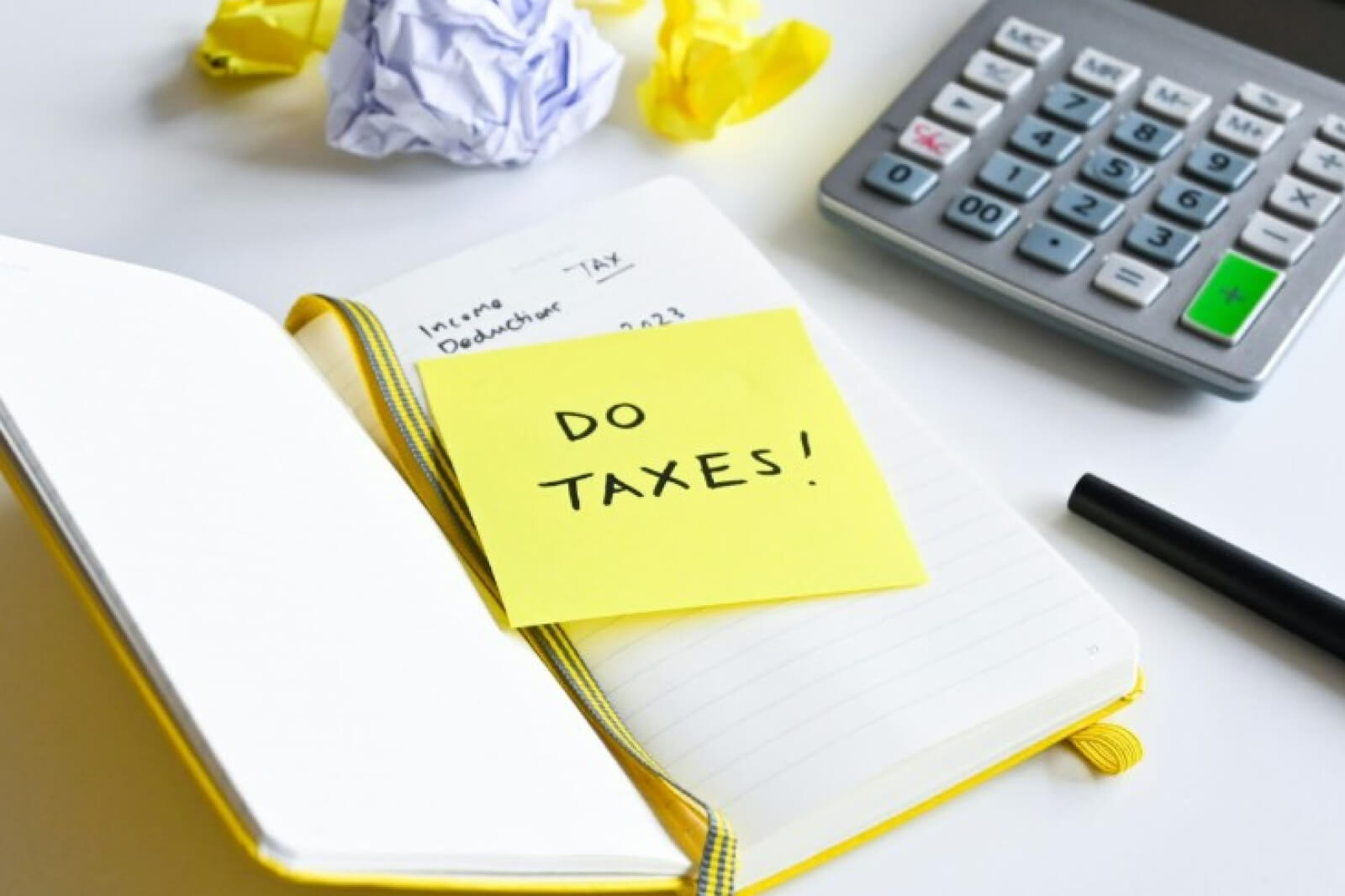When news reports discuss the stock market, the Dow Jones Industrial Average is almost always cited. And logically, many people assume that the DOW is an accurate measure of the stock market and the economy. But in reality, this is a little misleading.
In the United States, there are about 5,000 companies traded on stock exchanges. The DOW only includes 30 different stocks. That’s only 0.6 percent of the overall stock market — less than even 1 percent. The DOW is definitely not representative of the entire stock market. Extrapolating the health of the stock market and the economy just based on the DOW alone is misleading and can be dangerous.
If the DOW isn’t a good measure of the stock market, then why is it so often referenced and cited? Mostly because it is one of the oldest stock market indexes. In fact, the DOW is only preceded by the Dow Jones Transportation Average. The DOW has been seen as a key measure for large blue chip stock prices since it was created in 1896. As such, it does have quite a bit of data. If you compare its numbers historically, you can learn quite a lot about the health of the stock market and the economy over time.
However, the DOW just isn’t quite as useful as a day-to-day check in anymore — not with over 5,000 stocks being traded. Maybe back when the market was much smaller, the DOW was a little more representative.
Instead of referencing the DOW, reporters, investors and consumers should look to the S&P 500 or even the Wilshire 5000 Total Market Index. Because the NASDAQ only includes 100 stocks, it falls into the same pitfalls as the DOW. The NASDAQ only represents 2 percent of the stock market, while the S&P represents 10 percent. This is still only a fraction of the market, but referencing it is more efficient than trying to average every single stock that is traded daily. Because the S&P includes more stocks, you can get a better estimate of how the stock market is doing on any given day.
Knowing the downfalls of a particular stock index is important, but no single index (unless it includes almost every stock being traded) will always give you a consistent outlook on the market. It is much better to look at several averages and indexes. If they all go down on a certain day, that is a much stronger indicator of an economic downturn than if just one drops significantly. The same goes for increases and anything in between. To truly be certain of the stock market’s health, you should really use as many tools as you possibly can.
string(2919) "
When news reports discuss the stock market, the Dow Jones Industrial Average is almost always cited. And logically, many people assume that the DOW is an accurate measure of the stock market and the economy. But in reality, this is a little misleading.
In the United States, there are about 5,000 companies traded on stock exchanges. The DOW only includes 30 different stocks. That's only 0.6 percent of the overall stock market — less than even 1 percent. The DOW is definitely not representative of the entire stock market. Extrapolating the health of the stock market and the economy just based on the DOW alone is misleading and can be dangerous.
If the DOW isn't a good measure of the stock market, then why is it so often referenced and cited? Mostly because it is one of the oldest stock market indexes. In fact, the DOW is only preceded by the Dow Jones Transportation Average. The DOW has been seen as a key measure for large blue chip stock prices since it was created in 1896. As such, it does have quite a bit of data. If you compare its numbers historically, you can learn quite a lot about the health of the stock market and the economy over time.
However, the DOW just isn't quite as useful as a day-to-day check in anymore — not with over 5,000 stocks being traded. Maybe back when the market was much smaller, the DOW was a little more representative.
Instead of referencing the DOW, reporters, investors and consumers should look to the S&P 500 or even the Wilshire 5000 Total Market Index. Because the NASDAQ only includes 100 stocks, it falls into the same pitfalls as the DOW. The NASDAQ only represents 2 percent of the stock market, while the S&P represents 10 percent. This is still only a fraction of the market, but referencing it is more efficient than trying to average every single stock that is traded daily. Because the S&P includes more stocks, you can get a better estimate of how the stock market is doing on any given day.
Knowing the downfalls of a particular stock index is important, but no single index (unless it includes almost every stock being traded) will always give you a consistent outlook on the market. It is much better to look at several averages and indexes. If they all go down on a certain day, that is a much stronger indicator of an economic downturn than if just one drops significantly. The same goes for increases and anything in between. To truly be certain of the stock market's health, you should really use as many tools as you possibly can.
"












